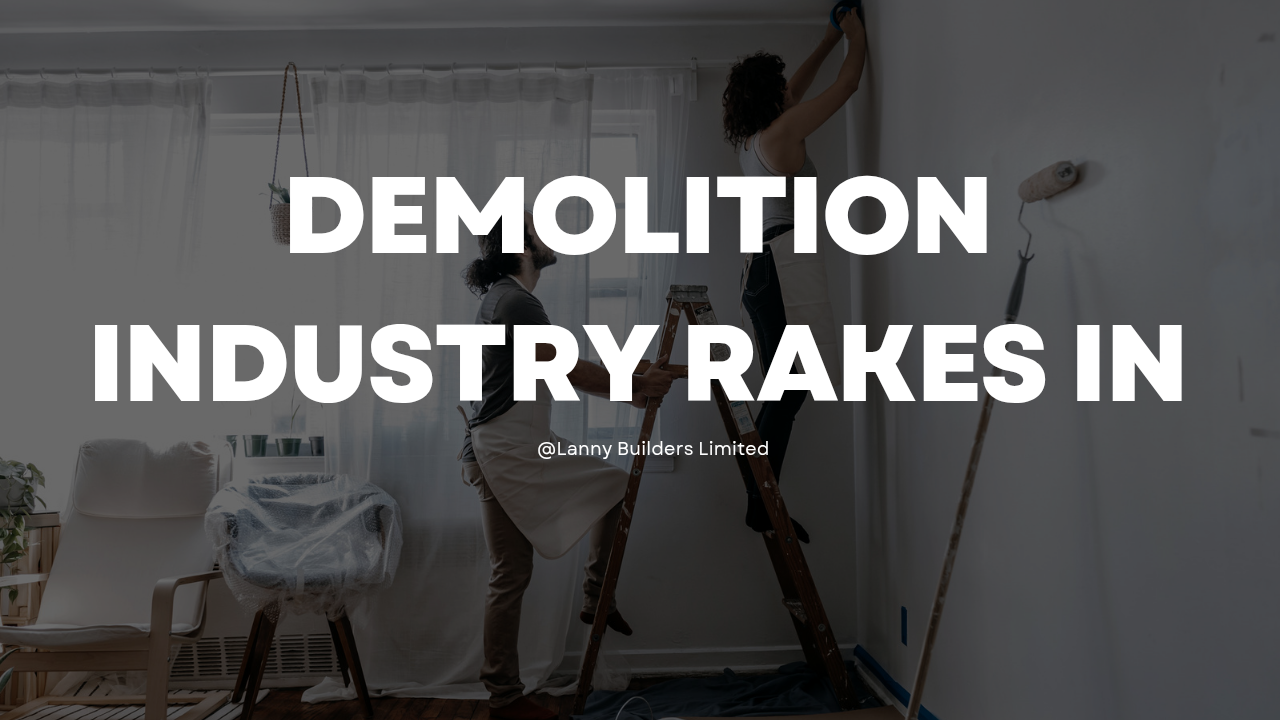I’m a Kenyan construction worker, and if there’s one thing I’ve learned in this industry, it’s that nothing happens by accident—especially not collapsed buildings. When a structure crumbles, the news cameras come, the government makes noise, and people shake their heads in disbelief. But behind the scenes, there’s a well-oiled machine waiting to cash in.
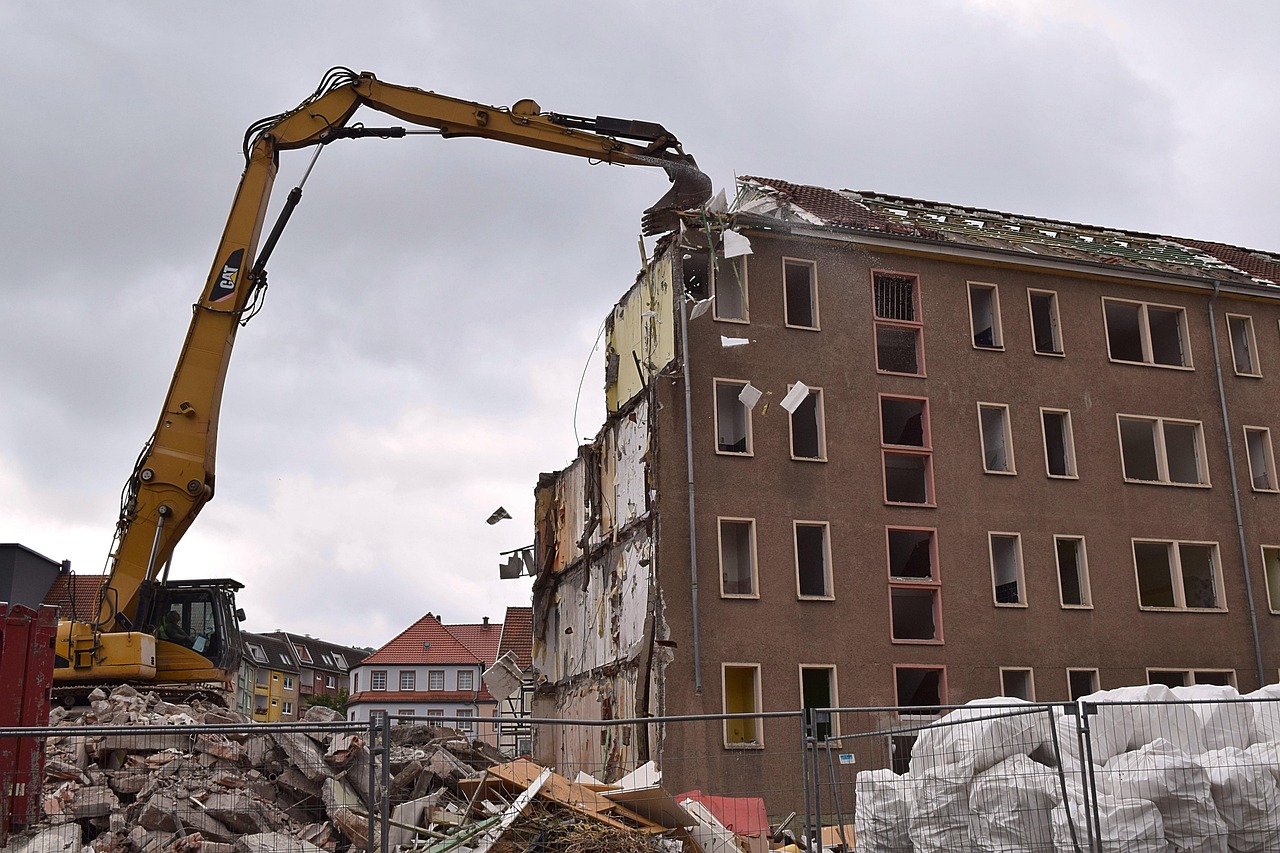
Demolition isn’t just about knocking down weak buildings; it’s a multi-million-shilling business with powerful players controlling who wins and who loses. If you think only the victims suffer when a building goes down, you don’t know the real game.
The “Accidental” Collapses That Make Millions
Every so often, a building in Nairobi, Kisumu, or Mombasa collapses, sending workers and tenants scrambling for safety. The headlines talk about “poor workmanship” and “substandard materials,” but that’s just half the story. What nobody asks is: who benefits?
Think about it. A condemned building is a dead investment, but once it collapses, the land is suddenly available for redevelopment. And not just to anyone—to the right people. There are whispers in the industry that some buildings don’t collapse by mistake.

Take a prime piece of land with a weak structure. If the owner can’t demolish it legally, a “mysterious structural failure” does the job. In the confusion that follows, new approvals are rushed through, and suddenly, a 10-story building makes way for a 25-story one. The game is played quietly, but the money is loud.
Who’s Making a Killing?
1. The Demolition Contractors
Once a building is marked as unsafe, demolition companies line up for the job. Ever noticed that the same companies always seem to get these contracts? Some of these firms have deep connections, and when they swing their wrecking balls, they cash in big.
And it’s not just about knocking things down—it’s about what happens after. Steel beams, doors, windows, and even bricks are salvaged and resold. Nothing goes to waste, and everything is a business.
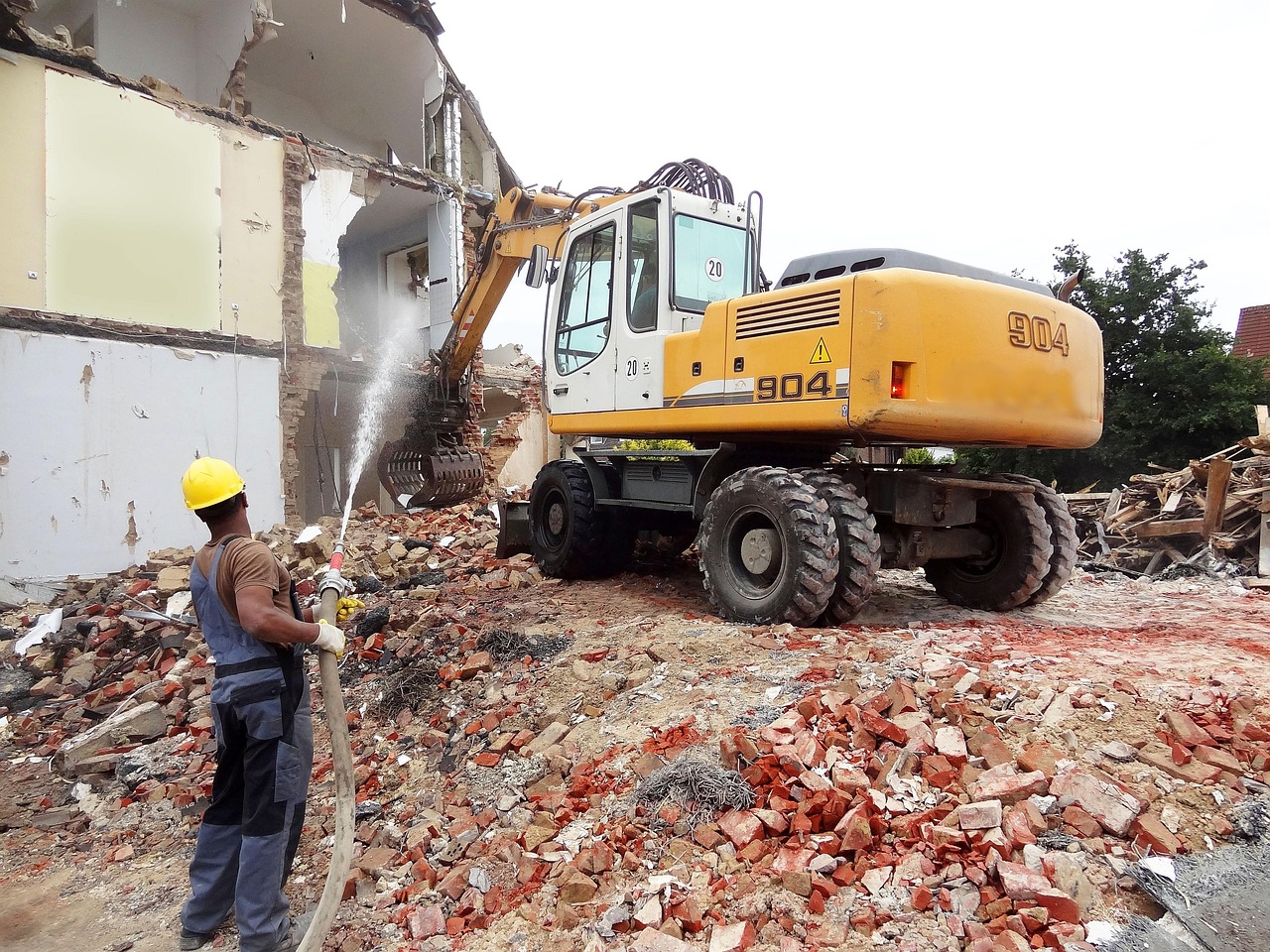
2. Scrap Metal Dealers
After a building collapse, the site is a goldmine for scrap metal traders. Steel rods, iron sheets, copper wiring—everything has value. You’ll see lorries parked nearby, loading up materials that will later be sold at premium prices. Some of these traders are so well-connected that they get tipped off before demolition even happens.
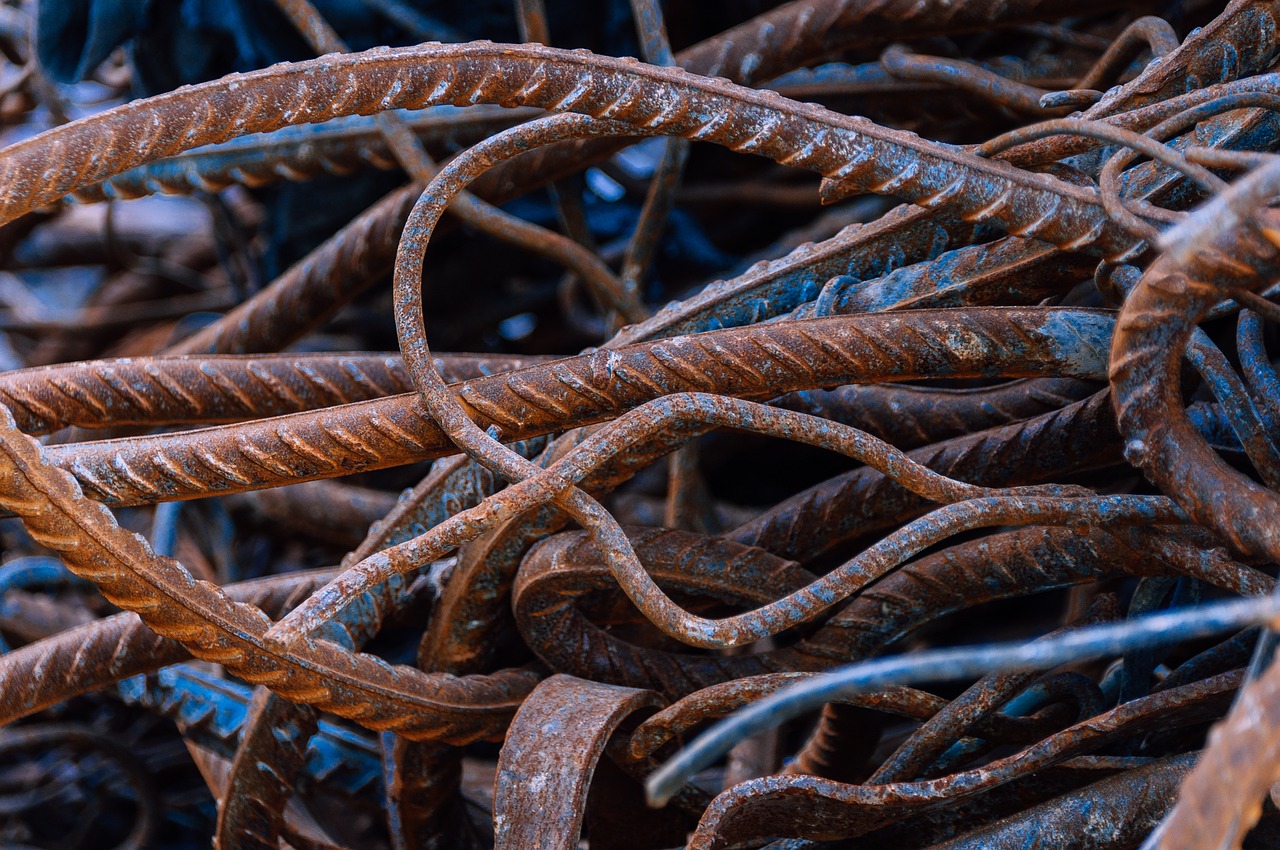
3. Real Estate Speculators
A collapsed building means prime land is suddenly available. Investors with the right government links move fast, buying off distressed properties at throwaway prices. A year later, a shiny new apartment block stands where rubble once lay, and nobody asks questions.
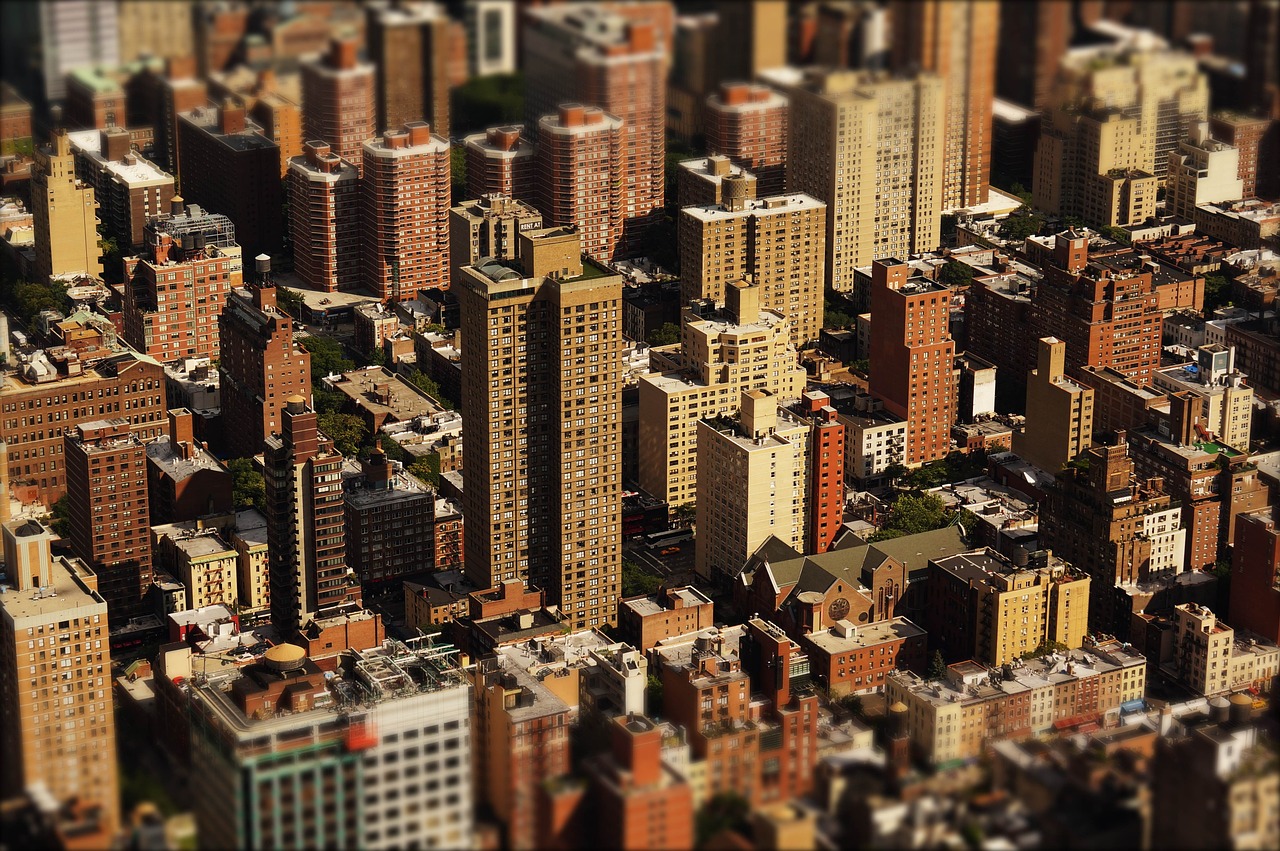
4. Corrupt Government Officials
You’d think after so many buildings collapse, authorities would clamp down on rogue developers. But no. The same officials who failed to inspect the buildings in the first place are often the ones approving new construction after demolition. And approvals don’t come cheap—permits, inspections, and environmental assessments all have a price.

The Vultures Come First, Then the Victims
What about the people who lose their homes? The tenants? The families mourning loved ones? They get promises—investigations, compensation, and better building regulations. But by the time the dust settles, they’re forgotten. The vultures have already eaten.
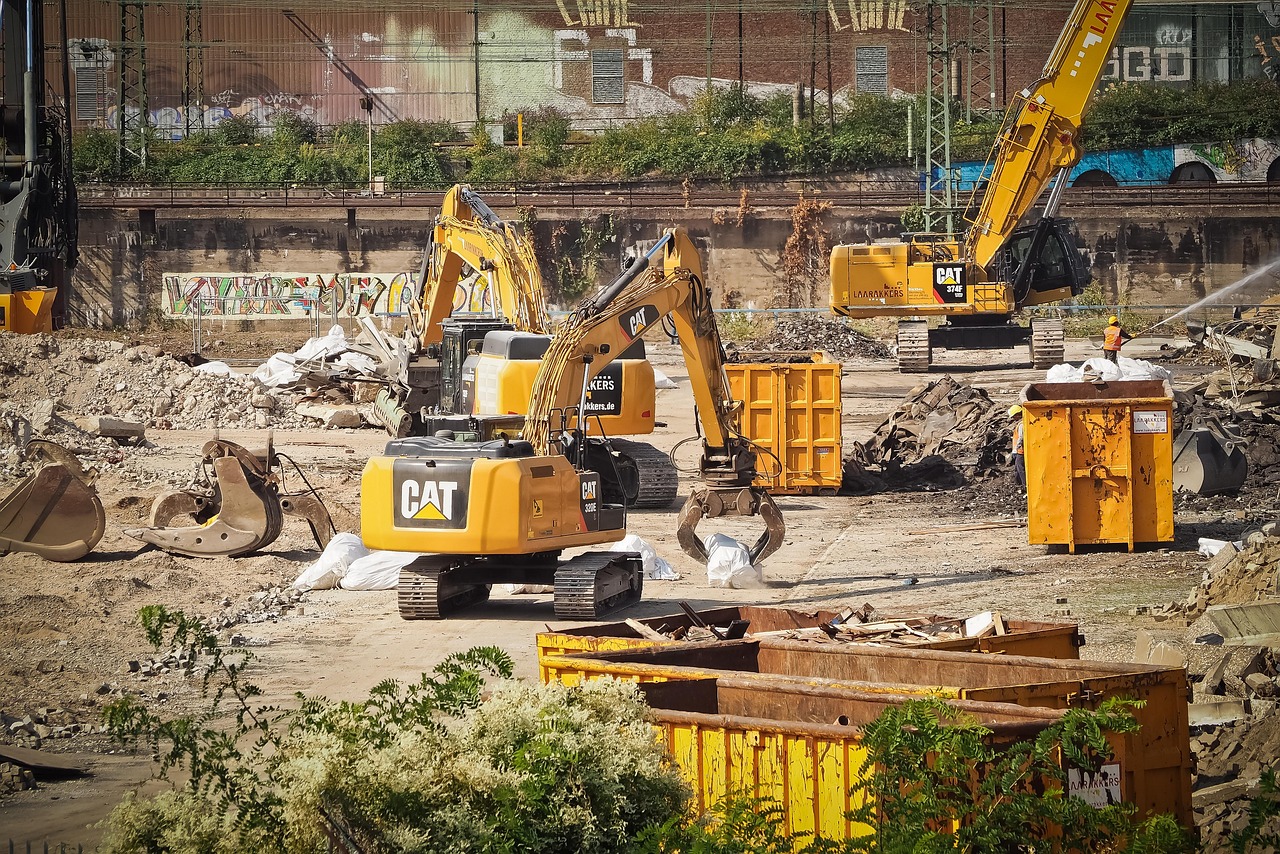
Can This Cycle Be Stopped?
Real change would mean tightening building regulations and actually enforcing them. It would mean holding developers accountable before disaster strikes, not after. But as long as demolition is a business and not just a safety measure, don’t expect things to change.
So the next time you see a collapsed building on TV, don’t just see rubble. See the deals being made, the money exchanging hands, and the new towers waiting to rise. Because in Kenyan construction, even failure is profitable—if you know the right people.
